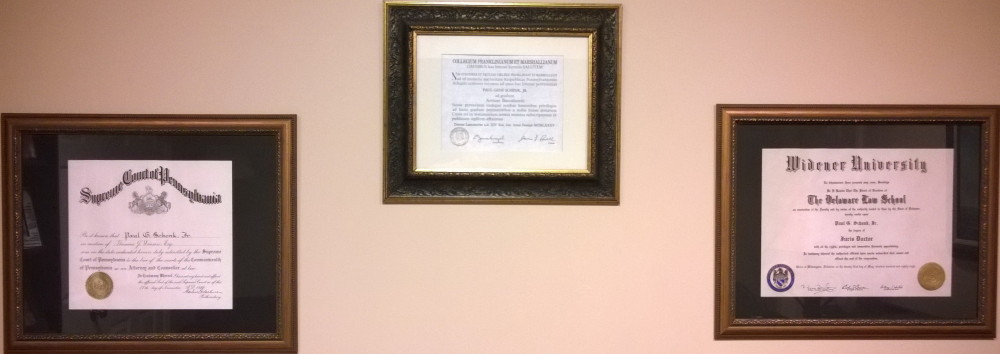THIS ARTICLE IS INTENDED TO SUPPORT THE READER’S AWARENESS AND UNDERSTANDING. IT IS NOT LEGAL ADVICE. IF THE READER SEEKS LEGAL ADVICE CONCERNING HIS OR HER PARTICULAR SITUATION, HE OR SHE SHOULD SEEK OUT AN ATTORNEY IN A LAWYER CLIENT RELATIONSHIP.
A confidential relationship between a testator or grantor parent and a child may exist when there is a condition from which the dependence of the grantor or testator parent may be found, such as when circumstances make it certain that the parties did not deal on equal terms, but rather there is an overmastering influence on the side of the child, and weakness, dependence or trust by the parent grantor or testator, justifiably reposed . Where a parent grants a power of attorney to a child, it is a clear indication of a confidential relationship.
In Maryland, in general, a confidential relationship may be presumed whenever two persons stand in such a relation to each other that one must necessarily repose trust and confidence in the good faith and integrity of the other. Upman v. Clarke 359 Md. 32 (Md. 2000) citing Green . A confidential relationship may be presumed whenever two persons stand in such a relation to each other that one must necessarily repose trust and confidence in the good faith and integrity of the other.” Upman citing Green. A confidential relationship may be presumed from a relationship such that one must from the very necessities of the situation repose confidence in the other, and where the one in whom such confidence is reposed is thereby enabled to exert a dominating and controlling influence over the other. Upman citing Tracey v. Tracey, 160 Md. 306, 318, 153 A. 80, 85 (1931) In some relationships, such as attorney-client or trustee-beneficiary, a confidential relationship is, indeed, presumed as a matter of law. See Upman Otherwise, and particularly in family relationships, such as parent-child and husband-wife, the existence of a confidential relationship is an issue of fact and is not presumed as a matter of law. See Upman To establish such a relationship there must appear at least a condition from which the key factor of dependence may be found. Upman citing Green quoting Snyder v. Hammer, unreported in 180 Md. 690, reported in full in 23 A.2d 653, 655(1942).
In Pennsylvania , a “confidential relationship” arises when the circumstances make it certain that parties did not deal on equal terms, but rather there is an overmastering influence on one side and on the other weakness, dependence or trust, justifiably reposed. Owens v. Mazzei, 847 A. 2d 700 (Pa. Super. 2004); In re: Estate of Angle, 777 A.2d 114 (Pa. Super 2001) So long as the requisite disparity is established between the parties’ positions in the relationship, and the inferior party places primary trust in the other’s counsel, a confidential relationship may be established.” Basile v. H & R Block, Inc., 777 A.2d 95, 101 (Pa. Super. 2001) . Such a relationship exists whenever one occupies toward another such a position of advisor or counselor as reasonably to inspire confidence that he will act in good faith for the other’s interest ” Estate of Keiper, 308 Pa. Super. 82, 454 A.2d 31, 33 (1981).
Where a principal grants a power of attorney to another, it is a clear indication of a confidential relationship. Foster v. Schmitt, 429 Pa. 102, 239 A.2d 471, 474 (1968).
